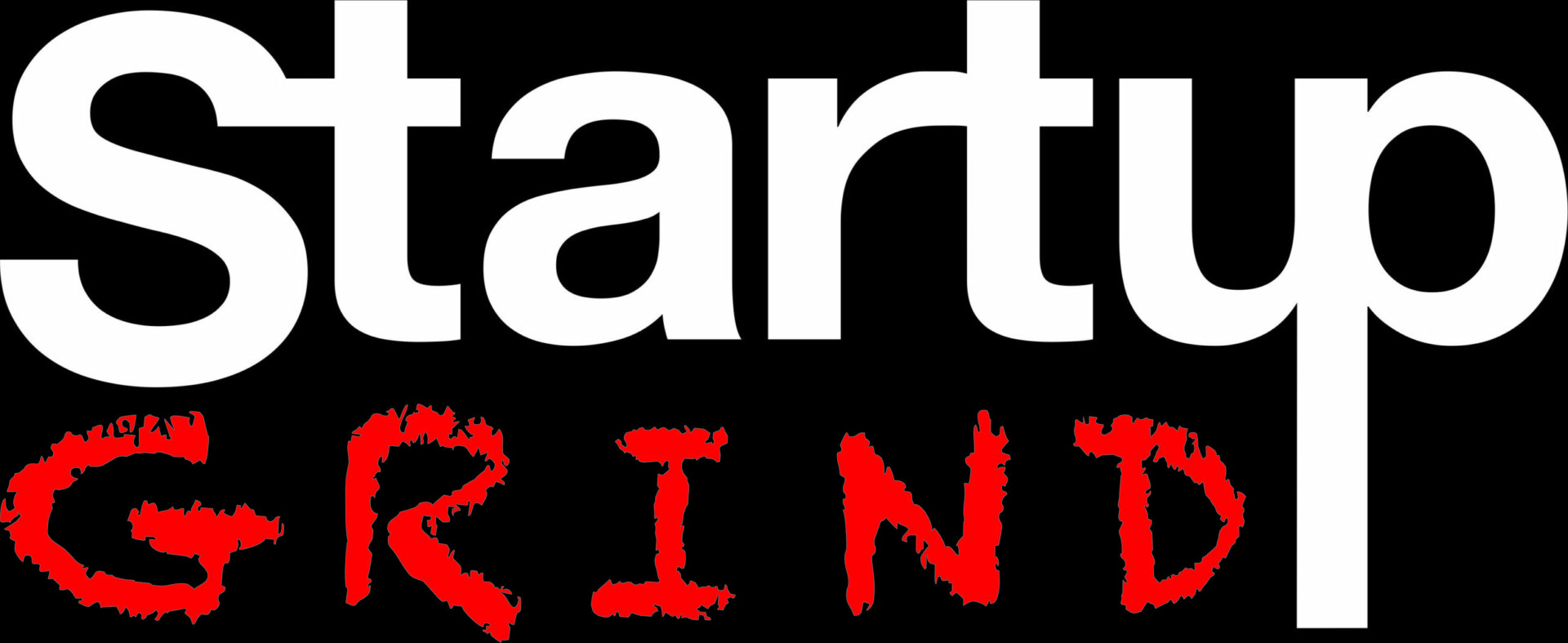After turning Stanford’s fledgling engineering school into an innovation engine, Frederick Terman, often referred to as the “father of Silicon Valley”, decided to replicate the model elsewhere.
He proceeded to set up higher education institutions similar to Stanford in far-flung places outside the Valley but soon realised he overemphasised the role of the research universities. Not fully appreciating the importance of the local environment proved even more costly.
In the same vein, other efforts to imitate Silicon Valley have failed because they do not acknowledge the intricacies of building a high-tech region. While this should serve as a lesson for African startups, it is surprising that there are more of them obsessed by the Silicon Valley mentality.
Highlighting the consequences in a Twitter thread, Ola Brown, founder of Flying Doctors Nigeria says, “Silicon valley-ism in Africa has actually held us back as we continue to build great products that aren’t useful to our people.”
1. Amazing how many Nigerian tech entrepreneurs that still think their businesses will work exactly like their silicon valley equivalents
— Dr Ola Brown (@NaijaFlyingDr) September 25, 2017
Certain startups are glamorous in nature but just aren't suited for these climes, increasing the likelihood that they will fail. And because emerging ones lean towards the same mistake, there might be more startup failures in Nigeria in the near future.
Different strokes for different markets
Over the past few decades, Nigeria’s large population -- currently estimated at around 186 million -- and rapidly expanding middle class have been used as key indicators for measuring the growth of the Nigerian digital economy. This is because they have driven demand (for economic goods and services) across the various sectors.
But recent trends have shown that even a huge population does not equate to a huge market for every business. Ask the major eCommerce players what their customer base looks like. In spite of the often touted high internet penetration, telcos in Nigeria continue to lose subscribers. Not to mention that Uber, in its recent report, ranked South Africa and Kenya ahead of Nigeria as their favourable destination market in Africa.
Nigeria's environment is unique. To solve its problems, one must first understand those surrounding factors that make the environment flourish. Doing so will invariably drive the growth of the local market.

Be the smartest in the room
Give it a try, you can unsubscribe anytime. Privacy Policy.
Speaking at a recent event in New York, Eghosa Omoigui was quoted by Quartz as saying, “African founders need to unlearn everything learned in Silicon Valley.”
While this trumps the mentality of building products that appeal to the global audience, more products that offer local relevance will be created. For instance, Nigeria, and Africa by extension, has a history of poor infrastructure, corruption, limited skills, poor education and inadequate government support. But this is enough incentive for local startups to truly solve real problems.
Furthermore, as Africa only contributes a meagre 3% to global trade, there is the tendency to assume that Africa's market is small and that it will be a deterrent for investors. However, lessons from Dubai and Singapore reveal that once an infrastructure race is set in a rapidly expanding market, being the first-mover is a significant advantage for investors. However, only businesses that can connect the end users and these markets will reap the rewards.
So the real challenge is never about the size or potential of the Nigerian market. Rather, it has and always will be about finding and meeting the consumers at the point of their needs.




















